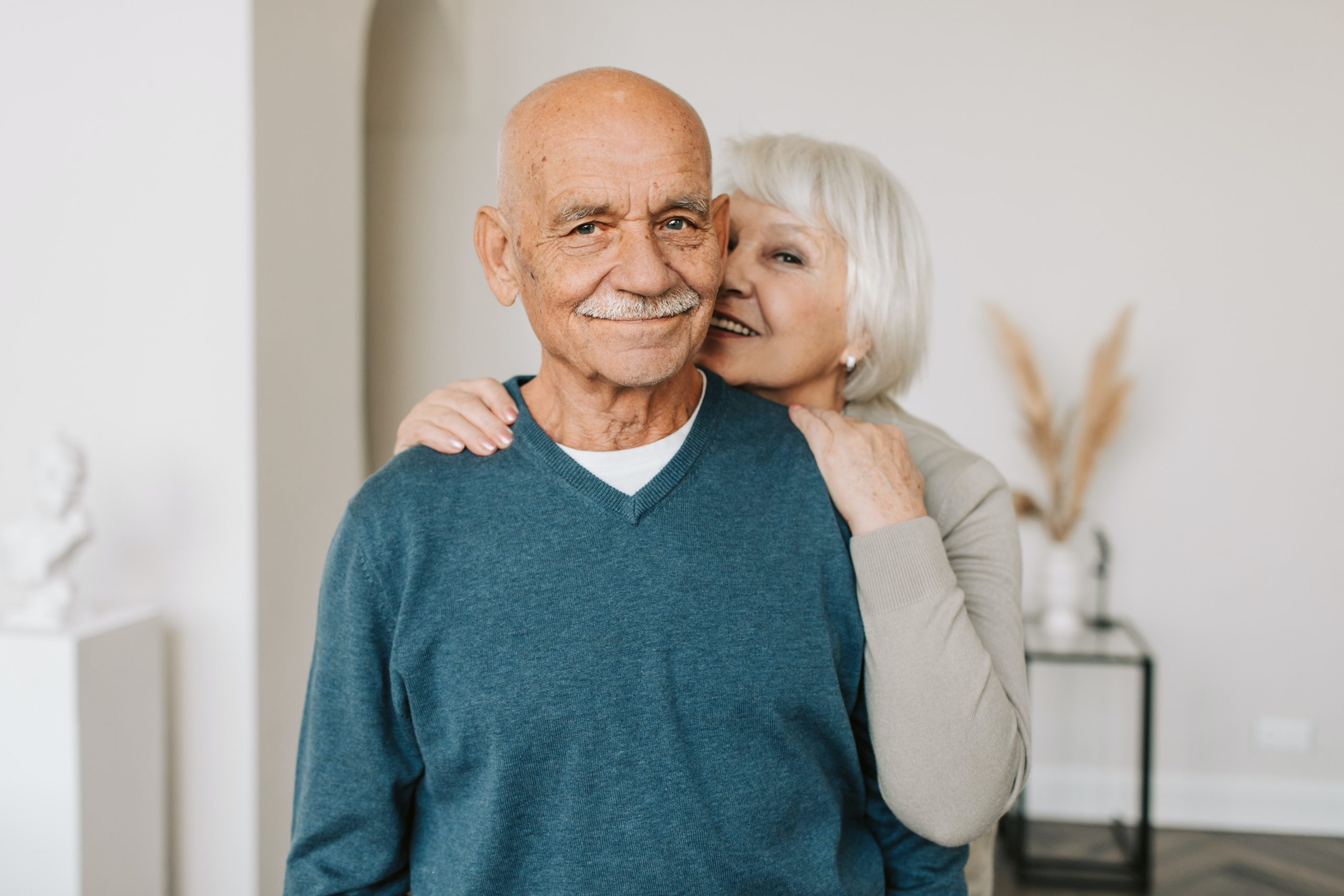Navigating Caregiver Burnout in the Age of COVID-19.

The image is not directly related to the article. It merely symbolizes the life of elderly people.
Navigating Caregiver Burnout in the Age of COVID-19
What is caregiver burnout?
How has COVID-19 affected caregiver burnout?
COVID-19 has increased the demands on caregivers, as they may have to provide care while also working from home or dealing with financial stress. Additionally, many caregivers are unable to access the support they need due to social distancing measures and restrictions on visitors in healthcare settings.
What are some signs of caregiver burnout?
Signs of caregiver burnout can include feelings of exhaustion, irritability, depression, anxiety, and difficulty sleeping. Caregivers may also experience physical symptoms such as headaches, back pain, and digestive problems.
What can caregivers do to prevent burnout?
To prevent burnout, caregivers should prioritize self-care activities such as exercise, meditation, and hobbies. They should also seek out support from family, friends, or support groups. It can also be helpful to set boundaries and ask for help when needed.
What resources are available for caregivers?
There are many resources available for caregivers, including support groups, respite care services, and caregiver education programs. Caregivers can also access online resources such as the Family Caregiver Alliance and the National Alliance for Caregiving.
As the COVID-19 pandemic continues to affect communities worldwide, caregivers are facing unprecedented challenges. The stress of caring for a loved one who is ill, disabled, or elderly can be overwhelming in normal circumstances. However, the added pressures of social distancing, financial stress, and uncertainty about the future have made caregiver burnout more prevalent than ever before. In this article, we will explore the causes and effects of caregiver burnout in the age of COVID-19 and provide tips for caregivers to prevent burnout and access resources for support.
What is caregiver burnout?
How has COVID-19 affected caregiver burnout?
What are some signs of caregiver burnout?
What can caregivers do to prevent burnout?
What resources are available for caregivers?
In conclusion, caregiver burnout is a serious issue that has been exacerbated by the COVID-19 pandemic. Caregivers must prioritize their own self-care and seek out support from family, friends, and community resources. By taking care of themselves, caregivers can continue to provide the best possible care for their loved ones, even in the most challenging of times.
The image is not directly related to the article. It merely symbolizes the life of elderly people. Navigating Caregiver Burnout in the Age of COVID-19 What is caregiver burnout? Caregiver burnout is a state of physical, emotional, and mental exhaustion that can occur when someone is caring for a loved one who is ill, disabled,…
Recent Posts
- Empowering Caregivers: The Best Online and Offline Resources to Enhance Your Skills
- Traveling with a Purpose: The Rise of Volunteer Vacations
- Breaking Stigma: Dispelling Myths about Mobility Aids and Disability
- Avoiding Probate: How Trusts Can Simplify the Estate Settlement Process
- Senior Citizens Beware: Common Financial Scams and How to Stay Protected

